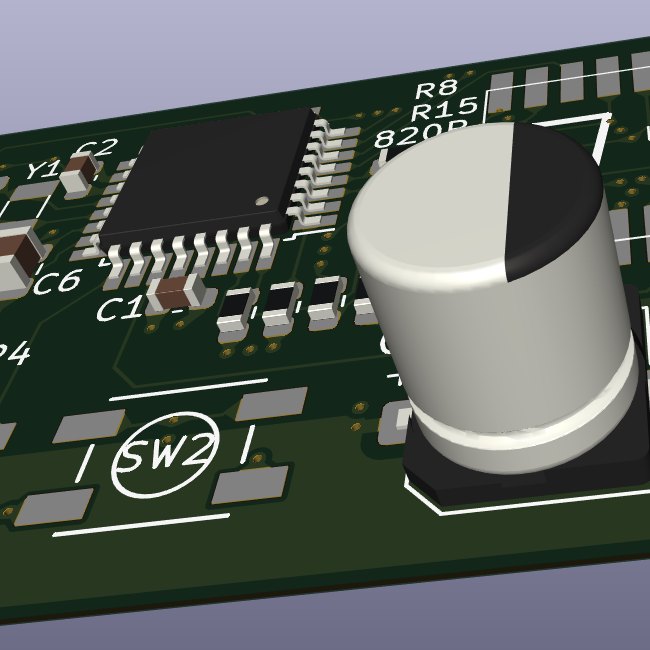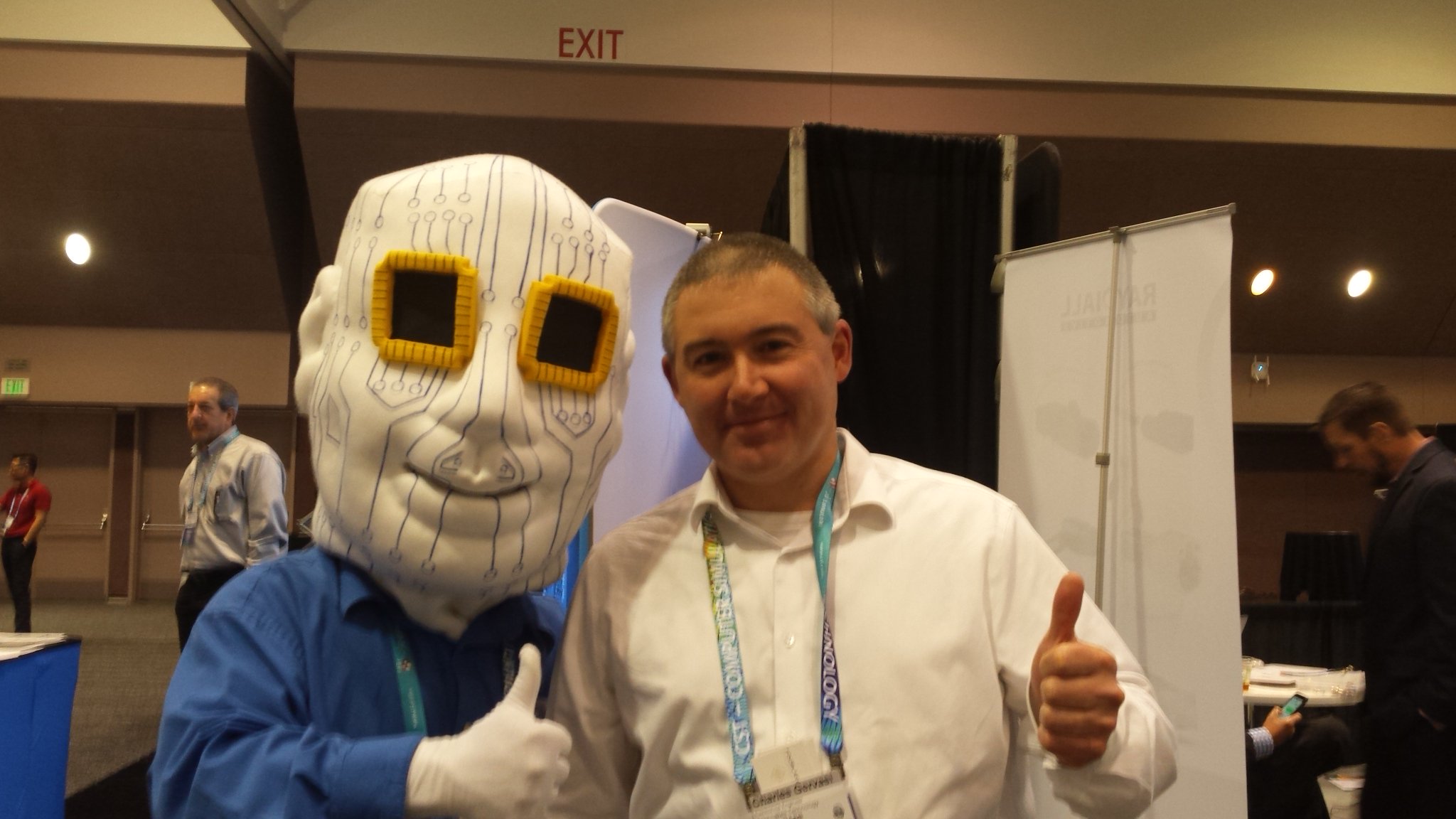EE major here, expecting to graduate in 2024. I’ll have to admit that I’m only here because I wasn’t admitted to the CS program and I’ve mostly been paying attention to trends in the software development industry, so please pardon my ignorance. My country (Sweden) has a great software industry but the hardware design and manufacturing industry isn’t nearly as strong. The advice I get is that EE has great career prospects in semiconductors, IC design, microelectronics and defense, but most of these positions will require relocation which I’m not interested in. I’m clueless about RF and power systems, and besides, the compensation tends to be worse than the previously mentioned industries.
Currently, I’m grinding the “self-taught programmer” stuff, taking CS classes and doing IT jobs to get the experience for a full-time dev role. The CS bubble burst didn’t affect my country that much because we didn’t have overinflated salaries and excessive expansion during the pandemic. Would there still be good prospects in EE if I choose to focus on it (assume passion for CS is negligible), or would it be a better idea to keep going with CS?
I’m unfamiliar with career prospects for electrical engineers in Sweden, so I’ll defer to that advice you have gotten, and hope someone who is familiar can add some helpful information. Perusing through LinkedIn and Indeed could be helpful in seeing what the job offerings are like in your local area. I’ll try to add something useful to the discussion though. From what you’ve said, you seem very passionate about computer science – self-learning and working in a related field while pursuing a degree in EE is no joke. It would be a shame to abandon that pursuit if it truly is a passion of yours.
Some questions I have that might be helpful to think over:
- What is the process to change your major now? I recognize you’re only a year away from graduating with an EE degree, but it could be useful to know what the application process would be like, what barriers you would face with regard to admittance into the CS program now, etc.
- What is your plan after undergrad? Have you thought about pursuing a master’s degree in CS? There are options for fully remote classes (for instance, my alma mater has an online MS in CS program called “OMSCS”).
- In terms of careers as an EE that could provide more job opportunities and straddle the line between EE and CS, have you looked into roles related to firmware engineering / embedded software engineering?
Great response, thank you! I have spoken to university career counseling about it before, but they want to avoid discouraging students and the answers I get are along the lines of “there are opportunities everywhere”. However, LinkedIn and Indeed offers for EE are quite miserable compared to the offers for CS jobs, and to be honest I don’t even know if I’ll do well in the industry because I struggle a lot more with circuit design concepts than programming ones.
For the questions:
- Changing major is out of the question for me, because I would need to redo the CS program, which would delay my graduation by many years and I can’t afford to do that.
- My plan is to get a junior developer or IT infrastructure job and just carry on from there. I’m counting on my CS-related internships and personal projects to make up for the lack of a degree. I also have around a year left to graduation, so I’m hoping I can get a return offer from an internship by then. My grades aren’t great so I’m not optimistic on the possibility of getting a MS :(
- I didn’t really consider those as I had the impression that they heavily favor computer engineers, but I’ll look at them now!
Similar to other replies, I am also unaware of both education and job prospects where you live. I live in the US and I graduated a little bit over a year ago with an EE degree. Similar to your experience I also wanted more experience/work in CS but scheduling and class availability nullified my chances at getting a minor in CS. Taking what I had learned from those few classes and the experience I had gained from having my own homelab, set up landed me a job in the power systems field (utility side). Most power systems simulation software suites have the capability to integrate scripting (usually python) and companies that utilize them (utilities and consultants) are looking for EEs with that specialty.
Yay homelabs! I have a cloud lab cluster, using it for self-hosting and “production” app development practice. I actually had a similar experience as you when I was looking for internships. I wanted a software engineering one but tossed a couple applications at some chip design and power systems analysis roles just in case. They responded really positively because they were looking for an EE with software development experience (apparently for automation and testing?) But I chose an IT/dev role in the end because it’s closer to software.
If you don’t mind me asking, did you try applying to full-time CS jobs with just your EE major? Do you think you would have been able to get a decent IT or even developer job fresh out of college, assuming you’re not applying to Silicon Valley or some highly competitive tech city?
That’s awesome experience, my set up is just a load of refurbished hardware running out of my closet lol. My 2nd internship was “IT adjacent” which unfortunately locked me out of most directly CS positions(I’m in a highly tech competitive part of the states). I’d say shoot your shot with any field/industry that interests you, my experience with entry level positions is that they’re looking for general skills and the willingness to learn. Showing off your projects and what you learned/gained from doing them shows initiative. And good luck with the job hunt!
The cloud servers aren’t nearly as impressive as that, it’s actually because I don’t have admin access to my apartment’s router and can’t start a real homelab! I’m surprised to hear that an IT-adjacent internship locked you out of CS roles (but I don’t know how it’s like in a highly competitive market). I would have thought that the software industry is moving towards combining software dev and operations into one role, or forming teams where both roles work very closely and take responsibilities off each other, so having experience on one side and studying up on the other would give you an advantage.
I worked on asic verificationin sweden and i know that there are great opportunities. IC manufacturing became very expensive for lower manufacturing nodes and hence the tooling. It is not sustainable to have IC manufacturing facilities anymore unless you have very high volumes. So you can find only a handful places that perform state of the art IC manufacturing. But this doesn’t mean that you cannot work on IC, many companies does design and verification of their core functionality themselves if not the whole chip and outsource manufacturing and sometimes physical design to one of the big companies who specialized on this. To add this, there are areas that will make your transition to ee easier, if you choose to. Writing embedded software or working or test and verification usually requires more software skills than hardware and rf knowledge. Also try to keep a wide set of skills and don’t deep dive into a niche as it isn’t very certain what may vet automated in future. AI is getting very good at layout and physical design, which may limit pcb design or physical chip design opportunities in future. Not letting software go completely might be a good bet.
I do not know much about EE jobs in Sweden, but I know they have PCB assembly there. I worked with a client who had prototypes assembled at PartnerTech in Malmo. I felt like that place was peaceful on a certain level that I don’t feel in the US. My great grandparents came from Sweden, and I met my distant relatives who live near Gothenburg.
I suspect there must be industrial automation programming jobs, which might be good for you since they involve programming and hardware EE.
I’m in the US, in aerospace, and am ignorant about the job market in Sweden. Still, I would look for companies that might use a software savvy EE, even if they don’t design ICs. For instance, any company that builds or tests electronic devices might want someone like that. I manage a Space Software Engineering organization, and I hire people who are good software developers, but also have experience interfacing software with real-time hardware. I tend to hire Computer Engineering or Robotics majors for that, but my peer managers for Special Test Equipment tend to hire EEs.
One suggestion for you: start looking for the jobs you want to do that are in your country, and see what education and experience requirements they have. If you’re in school, apply to internships.




